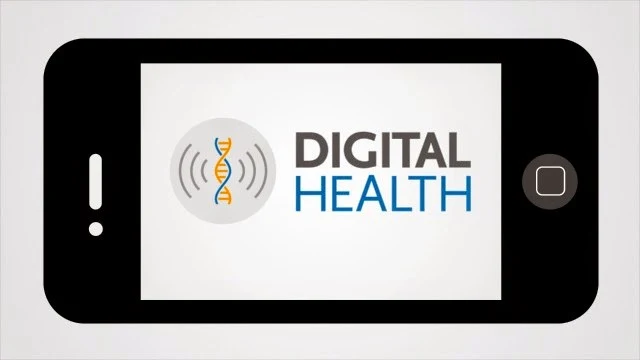In response to a recent article by Republican senators on HITECH Act spending, Brookings Institution fellow Niam Yaraghi writes that he agrees that the health care IT system is not performing well but argues that Congress should turn to private-sector innovators to enhance interoperability rather than government regulations and standards. Brookings Institution's "TechTank."
ONC may have set the standards, however private enterprise is balking at the task due to poor economic models and lack of real financial incentives, savings, or better outcomes.
In a blog post on the Brookings Institution's "TechTank," Niam Yaraghi, a fellow at the Brookings Institution's Center for Technology Innovation, responds to a Health Affairs blog post by five Republican senators that questioned the success of the HITECH Act.Yaraghi writes, "While I agree with the senators that the health care IT system is currently not performing well, I do not believe they have realistic expectations for [the Office of the National Coordinator for Health IT]." He adds, "HITECH was designed with a lack of insight into how the health care market functions, and thus billions of dollars were doomed to be wasted and have no tangible return from the very first day."
Yaraghi calls it "naïve" to attribute the "failure of exchanging medical information to interoperability issues," writing that the issues do not stem from a "lack of standards" but "rather the lack of long-term market-driven economic incentives." He writes, "The best way to solve the lack of technical interoperability is through self-regulated, industry driven certification alliances." Yaraghi cites the Wi-Fi Alliance as an example of a "worldwide network of companies" that has successfully advanced interoperability in their products "through certification of compliance with particular standards." He attributes the Wi-Fi Alliance's success to the economic benefits reaped by its members, adding, "Health IT vendors will not take the time and do the hard work of creating such an alliance if the government volunteers to do the job for them."
Yaraghi recommends redirecting the remaining $7 billion in HITECH funds "toward incenting innovation." He concludes that Congress should look to the private sector for proposals that "provide a technical solution for interoperability" and "design business strategies in which different members of the market willingly contribute to information exchange" (Yaraghi, "TechTank," Brookings Institution, 3/5).
Serious reservations remain. Where Is HITECH’s $35 Billion Dollar Investment Going?
On April 16, 2013, we released “REBOOT: Re-examining the Strategies Needed to Successfully Adopt Health IT,” outlining concerns with implementation of the Health Information Technology and Economic and Clinical Health (HITECH) Act. Specifically, we asked: What have the American people gotten for their $35 billion dollar investment?
Two years after releasing the white paper, and six years since enactment of the HITECH Act, the question remains. There is inconclusive evidence that the program has achieved its goals of increasing efficiency, reducing costs, and improving the quality of care.
We have been candid about the key reason for the lackluster performance of this stimulus program: the lack of progress toward interoperability. Countless electronic health record vendors, hospital leaders, physicians, researchers, and thought leaders have told us time and again that interoperability is necessary to achieve the promise of a more efficient health system for patients, providers, and taxpayers.
Instead, according to physician surveys, electronic health records (EHRs) are a leading cause of anxiety for physicians across the country. The EHR products are not meaningful to physicians, which is clear when you consider that half of all physicians will have their Medicare payments cut in 2015 for not adopting government benchmarks for EHRs.
The Nationwide-Interoperability-Roadmap was outlined along with HITECH ACT. It had lofty goals but was and still is disjointed with marked differences in implementation across the country.
Instead, according to physician surveys, electronic health records (EHRs) are a leading cause of anxiety for physicians across the country. The EHR products are not meaningful to physicians, which is clear when you consider that half of all physicians will have their Medicare payments cut in 2015 for not adopting government benchmarks for EHRs.



No comments:
Post a Comment